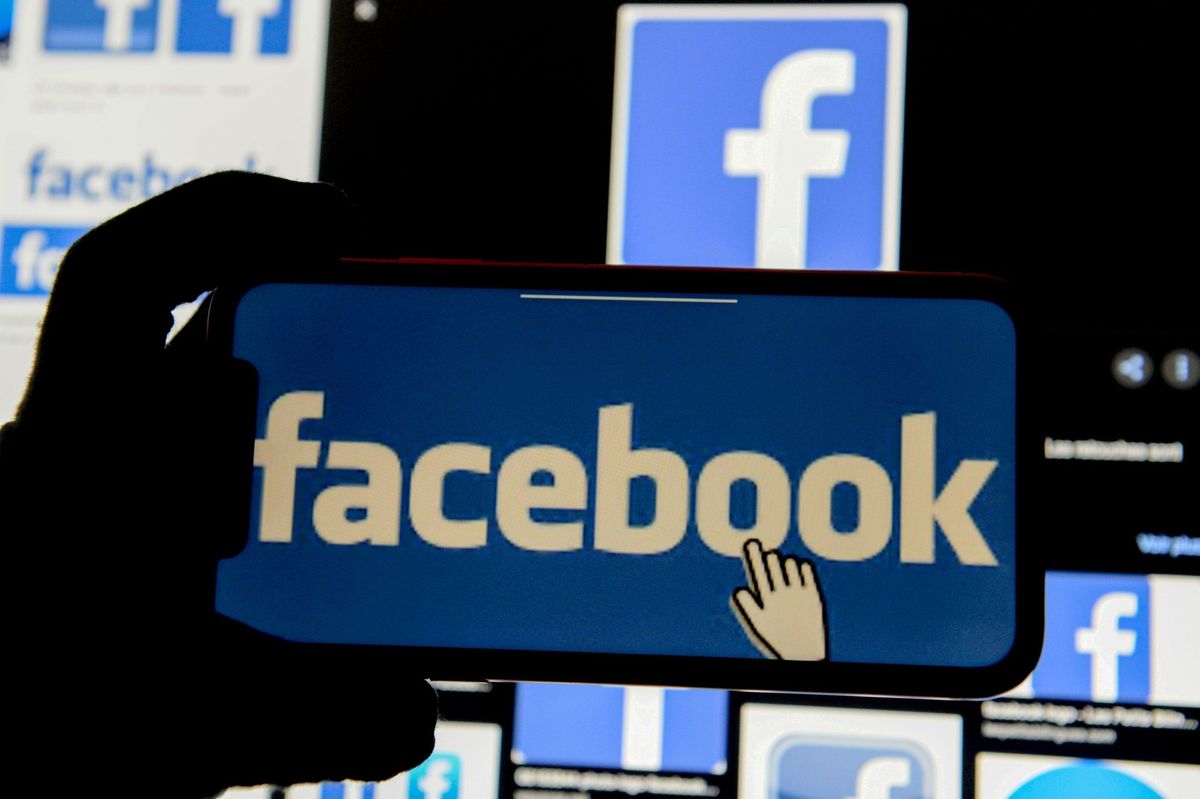Now that Facebook is a US$1 trillion company, what’s next?

A few minutes every morning is all you need.
Stay up to date on the world's Headlines and Human Stories. It's fun, it's factual, it's fluff-free.
According to United States District Judge James Boasberg, the FTC did not prepare enough evidence to prove that Facebook was a monopoly.
- Tech giants breathed a huge sigh of relief after Facebook won two massive lawsuits filed against it for alleged monopolistic practices.
What were the lawsuits against Facebook?
- The Federal Trade Commission (FTC) started the antitrust lawsuits against Facebook after the company bought out WhatsApp and Instagram.
- An antitrust lawsuit is basically a lawsuit saying that a company is a monopoly or that a company essentially dominated an entire market because of its size.
- Facebook has been criticized as a monopoly because it controls a large percentage of the social media landscape.
- The company owns four of the largest social media apps in the world, including Facebook, WhatsApp, Facebook Messenger and Instagram.
- Facebook has acquired over a dozen tech companies over the years, including developer app Snaptu for US$70 million in 2011, messaging company Beluga in 2011 for approximately US$30 million – this eventually became the Facebook Messenger app – facial recognition company Face.com in 2012 for around US$60 million and Onavo, a mobile analytics company, in 2013 for US$100 to US$200 million, among others.
What happened with the lawsuits?
- The main goal of the lawsuits was to release Instagram and WhatsApp from the control of Facebook.
- When the FTC first announced their investigation, Facebook responded by saying that this was just another attack on the company.
- Facebook said that the lawsuits should be dismissed because they were just part of the “relentless criticism” the company had faced “for matters entirely unrelated to antitrust concerns.”
- If the lawsuits were not dismissed, the company would have spent years in court fighting the FTC in an effort to keep its company all in one piece.
- In the end, the judge presiding over the case ended up dismissing the lawsuits against Facebook.
Why did the judge dismiss the case?
- According to United States District Judge James Boasberg, the FTC did not prepare enough evidence to prove that Facebook was a monopoly.
- “These allegations — which do not even provide an estimated actual figure or range for Facebook’s market share at any point over the past ten years — ultimately fall short of plausibly establishing that Facebook holds market power,” he said.
- The FTC claimed that Facebook owned 60% of the social media market, but the judge said the FTC did not have sufficient evidence to prove that claim.
- But the problem is that companies like Facebook don’t provide clear numbers regarding how much money they make from user data even though Facebook is known to sell that data.
- Rebecca Allensworth, an antitrust law professor at Vanderbilt University, said that the ruling “illustrates the problems regulators face right now bringing antitrust suits in markets without prices, like Facebook’s, but also Google’s, and in markets where huge, dominant firms offer suites of products that don’t neatly fit into the mold of well-defined markets like aluminum ingot or crude oil.”
How do the FTC and Facebook move forward?
- In terms of its presence on Wall Street, Facebook is doing great. Its market value has soared to over a trillion dollars since the announcement.
- On the other side of things, it looks as if the FTC is looking to move on from this loss for the time being.
- The FTC said in a public statement that it is “closely reviewing the opinion and assessing the best option forward.” The agency has 30 days in which to file a new complaint.
- Despite the case proving to be unsuccessful, lawmakers from both sides of the political aisle agree that laws need to change to better regulate these massive companies.
- Colorado Representative Ken Buck, who has sponsored legislation that aims to reinvent the legal definition of a monopoly, said the ruling “shows that antitrust reform is urgently needed. Congress needs to provide additional tools and resources to our antitrust enforcers to go after Big Tech companies engaging in anticompetitive conduct.”
Have a tip or story? Get in touch with our reporters at tips@themilsource.com




Comments ()